High Court landmark ruling: Media liable for comments posted to Facebook
In a landmark ruling, the High Court says anyone who operates a Facebook site is liable for prosecution for any defamatory remarks others post.
National
Don't miss out on the headlines from National. Followed categories will be added to My News.
Facebook users will be liable for any defamatory third party comments made under their posts after a landmark decision in the High Court.
The controversial ruling has significant ramifications for how media companies engage with their readers on Facebook.
Media groups have called for legislative reform to protect anyone who maintains a social media page.
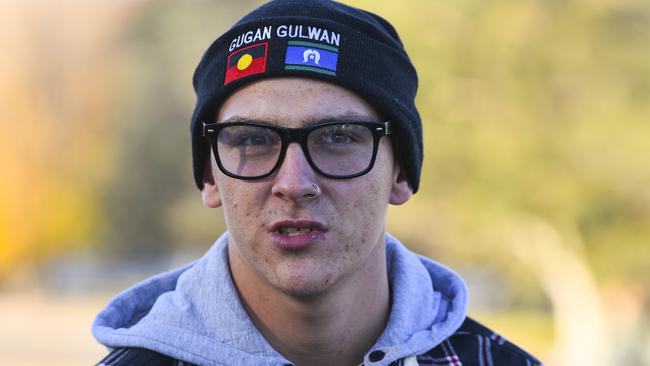
Former Northern Territory detainee Dylan Voller sued media companies for defamation over comments posted in 2016 and 2017 by members of the public in 10 Facebook posts below a published news story.
Critically, Mr Voller was not suing over the content of the news articles about him but rather the comments by the public when the story was posted to Facebook.
But his case before the NSW Supreme Court was held up with a legal dispute over whether the media, including the Sydney Morning Herald, Sky News, The Centralian Advocate and The Australian, were the ultimate publishers of the material running on another site, Facebook.

The High Court has now ruled, in a lengthy 71-page judgment, the media groups were liable for the publication of allegedly defamatory “comments” that were posted by third-party Facebook users in response to their content.
“A majority of the Court held that the liability of a person as a publisher depends upon whether that person, by facilitating and encouraging the relevant communication, ‘participated’ in the communication of the defamatory matter to a third person,” the court concluded.
Media groups had argued that to be considered the publishers of alleged defamatory material, they’d have to have been instrumental or participate in the making of said material.
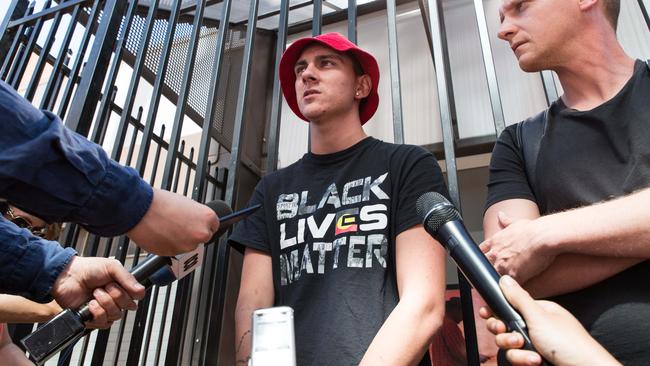
Rather, they argued they had not made the remarks nor participated in their publishing and just administered a public Facebook page on which third parties posted comments.
The High Court while accepting the companies had played no such active role in publishing the material on the internet platform were nevertheless “publishers” and effectively “invited” remarks by posting their stories.
“Each of their Honours pointed to the appellants having facilitated the making of comments by third parties which then became available to others,” the Judgement reads, dismissing arguments as to whether it was intended or not.
It concluded: “The Court of Appeal was correct to hold that the acts of the appellants in facilitating, encouraging and thereby assisting the posting of comments by the third-party Facebook users rendered them publishers of those comments.”
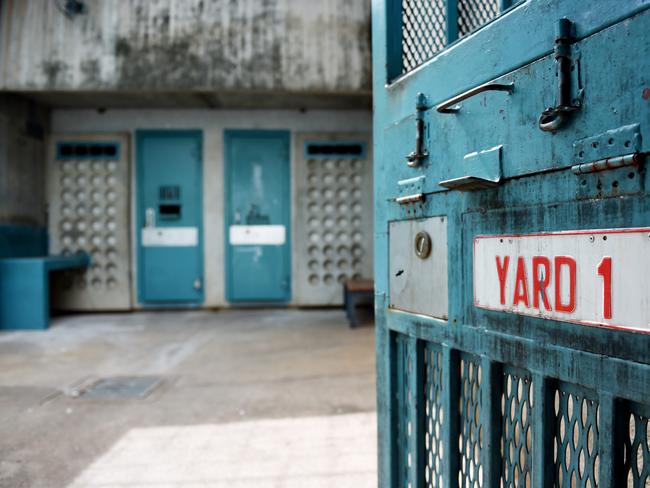
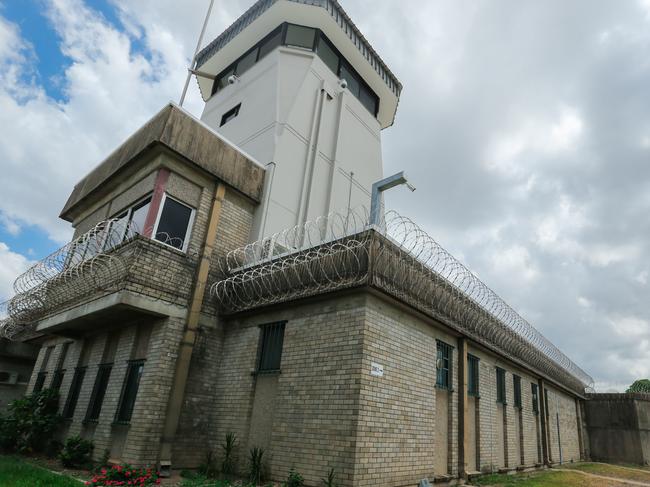
Mr Voller made national headlines and sparked a royal commission hearing five years after shocking vision of him and other boys being tear gassed and held in isolation at the Don Dale Youth Detention Centre in Darwin in 2014.
Mr Voller was specifically seen chained to a chair and wearing a spit hood over his head.
The disturbing footage, including CCTV vision of the young boys, was said to be in contravention of human rights and the United Nations Convention against torture.
There is yet to be a ruling on whether the comments posted were defamatory or not with the matter now to go back to the NSW courts for a hearing.
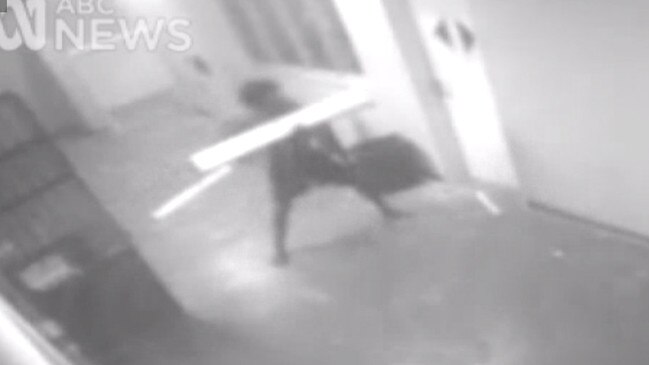
News Corp Australia executive chairman Michael Miller said: “The decision by the High Court in the Voller case is significant for anyone who maintains a public social media page by finding they can be liable for comments posted by others on that page even when they are unaware of those comments.
“This highlights the need for urgent legislative reform and I call on Australia’s attorneys general to address this anomaly and bring Australian law into line with comparable western democracies,” Mr Miller said.
More Coverage
Originally published as High Court landmark ruling: Media liable for comments posted to Facebook




